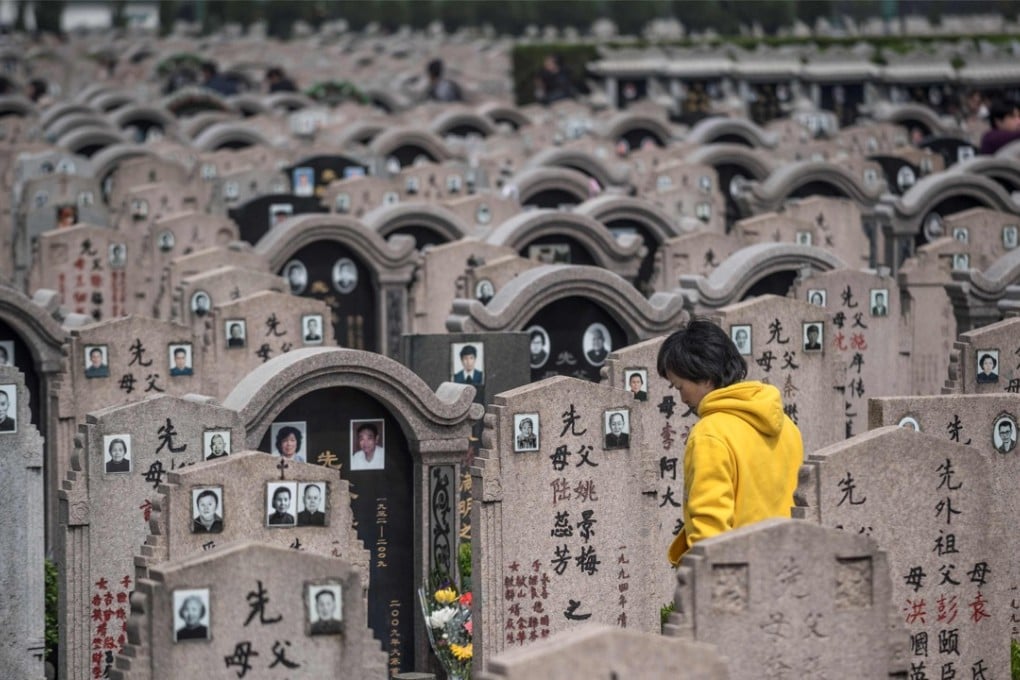Culture clash: Chinese value unity of country over separatism, unlike in the West
Xie Maosong says the Chinese veneration for their ancestors is the basis for a deep-seated cultural abhorrence for a divided family or country, and any attempt at division will earn the Chinese people’s ire

Ching Ming is the most important festival for Chinese people after the Spring Festival.
Eating dinner with the family on the eve of the Lunar New Year symbolises family reunion. Ancestors, too, are remembered in various rites. But it is during Ching Ming that ancestor veneration becomes the main reason families large and small gather together, with even those living abroad returning home for the occasion. In some parts of southern China, the rites can last weeks.
Ancestral worship is a tradition born of thousands of years of Chinese civilisation. As the Song philosopher Lu Xiangshan (1139-1193) observed in a poem: that people can’t help but feel sad on seeing a tomb, and respectful on seeing an ancestral hall, shows that such feelings are part of our basic human nature. His words reveal the deep feelings that lie behind the custom of ancestral veneration.
In Chinese tradition, the severest punishment one can inflict on those who betray their family and country is not imposed on the body or property; the worst punishment is to be removed from the clan book and denied a place in one’s genealogy. People who turn their backs on their ancestors are reviled as being no better than “beasts”. In fact, the most powerful insult you can throw at a Chinese person is: “You are not human.”
There are reasons for the Chinese people’s attachment to ancestral worship. Since ancient times, Chinese society has been organised around ancestral descent. The offspring of a common ancestor share not only a surname but also their very roots. These bonds tie them forever to the deceased, and to each other. Among the living, the bonds are strengthened through working together, and helping and trusting one another.